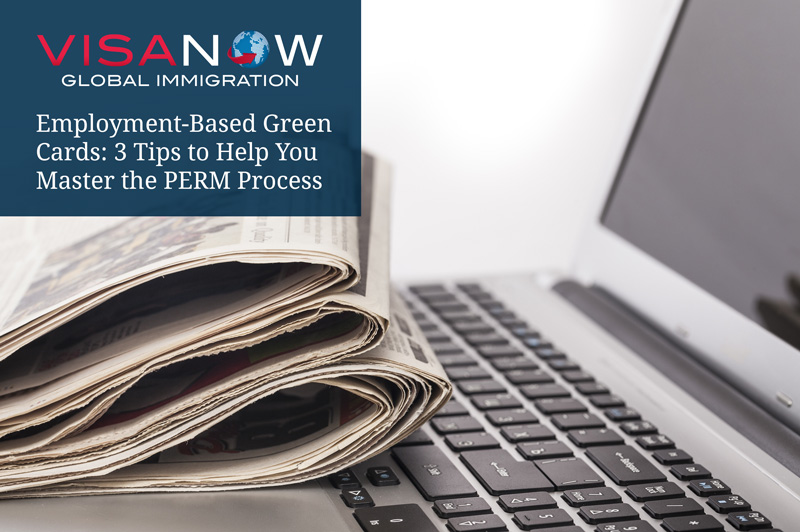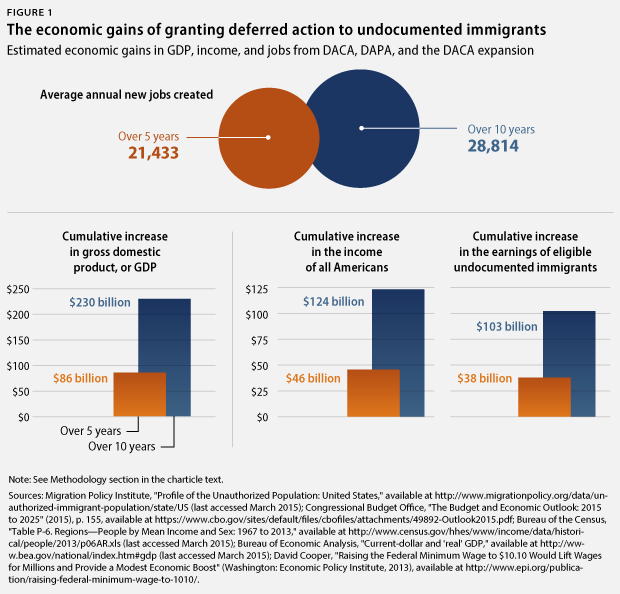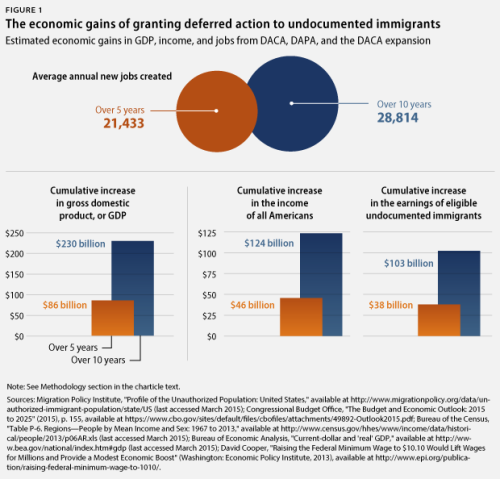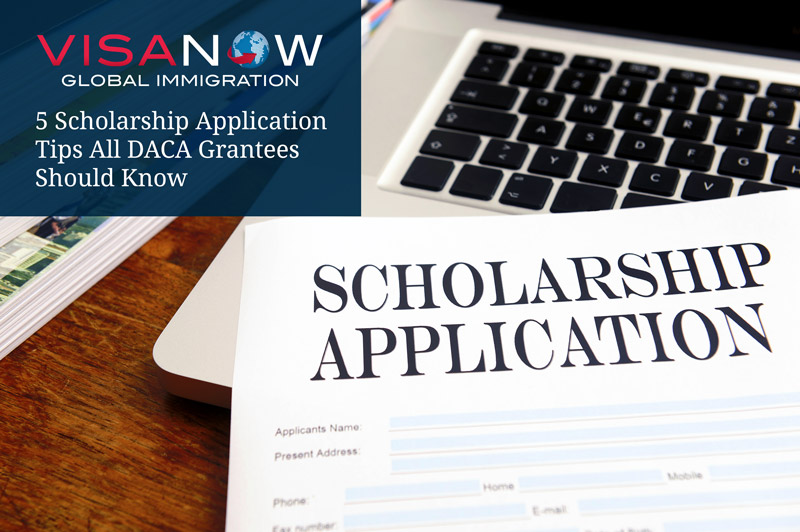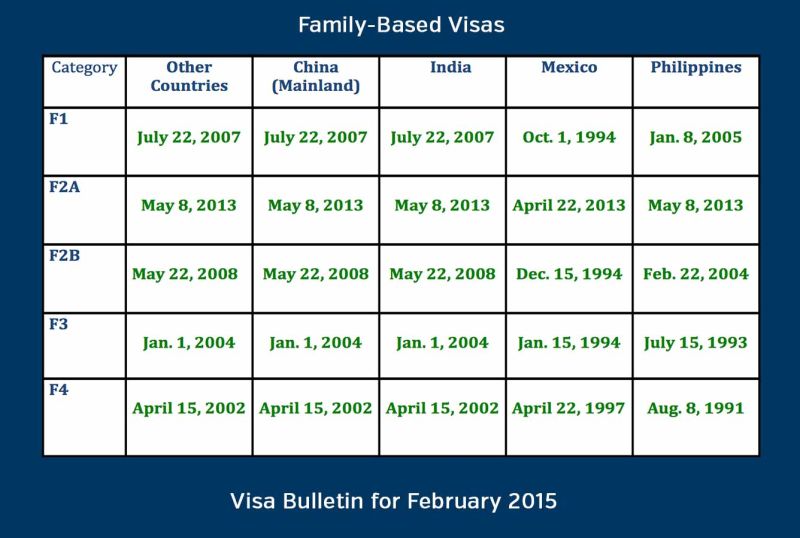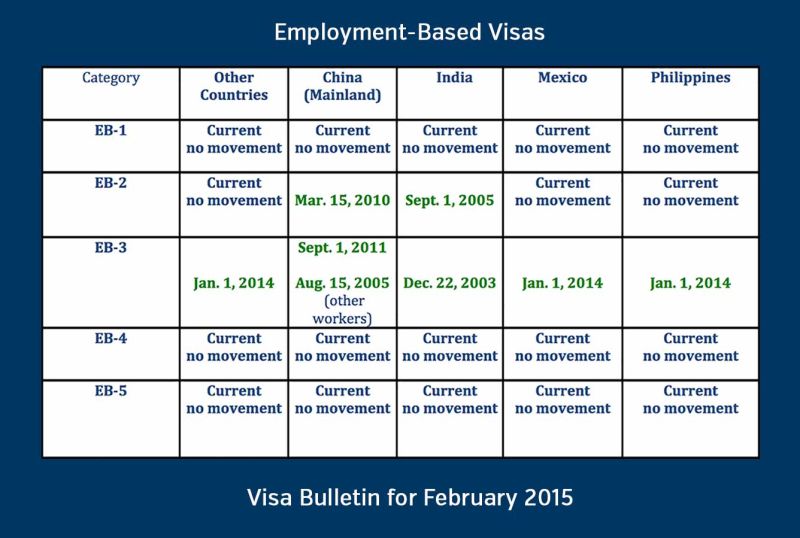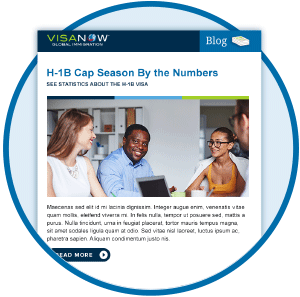By VisaNow|2015-04-03T16:07:12+00:00February 3, 2015|
Employment history can be a tricky issue when applying for deferred action. Candidates often have questions about how revealing their status will affect current or future employment. Here are some guidelines on how to approach your DACA status with your employer.
Using Past Employment Documents to Apply for DACA
You are not required to supply any employment records (such as pay stubs) as part of your DACA application. And generally, if you can prove you have been in the U.S. without using them, it’s a smart option. Good alternatives to pay stubs include utility bills, phone bills, school records, medical records or bills, or even receipts of payment sent to relatives in your home country (remesas.)
If you only have employment records to prove your continuous presence in the U.S., ask your employer for them in a way that doesn’t announce your legal status, if possible. If your pay stubs or work documents contain a Social Security Number that is not your own, talk to an immigration attorney before submitting them as part of your deferred action application.
When you apply for DACA, you should only list a Social Security Number that was legally issued to you, but USCIS should be made aware of other identities you may have used while working as an undocumented immigrant. This is another complex situation where consulting an immigration lawyer will be extremely beneficial to your case.
What am I Allowed to Say About my Undocumented Status and DACA Application?
You are not required to tell your employer or anyone else you work with that you are applying for DACA. Your immigration status is private and you should not share it with anyone other than your immigration attorney. If you are currently applying for DACA, it is highly recommended you do not tell your employer, no matter how friendly your relationship is.
Once I get my DACA Approval, What Should I Tell My Employer?
If you have provided false information in the past, we recommend consulting an attorney before you bring your new employment verification documents (your work permit and new SSN) to your employer. There are many right ways and wrong ways to discuss your status with your employer, and each DACA candidate’s case is unique in this respect.
If you used a fake Social Security Number or provided other false information, then your employer has the right to fire you. However, as we mentioned in a previous blog post, no such firings have been reported yet. You don’t necessarily have to reveal that you worked with a false SSN, but you should consult an attorney to see what your best options are.
You are not required to tell your employer your new work permit is from a DACA approval. They do not need to know the work permit is only temporary subject to renewal in 2 years.
If you have not provided any false employment verification to your employer, then there should be no issue with keeping your current job. Getting your work permit through DACA means you can work legally and you should not be discriminated against for not being a U.S. citizen. According to USCIS, “If a deferred action recipient presents an unexpired EAD [DACA work permit] to complete the Form I-9, an employer should accept it. The employer may not request that the employee provide additional proof that his or her case has been deferred or that he or she is authorized to work.” [USCIS]
Remember that your DACA work permit is all you need to prove you are eligible for employment, and if an employer asks for more than that, it can be considered discrimination. From the U.S. Department of Justice website: “Employers may not request more or different documents than are required to verify employment eligibility, reject reasonably genuine-looking documents, or specify certain documents over others with the purpose or intent of discriminating on the basis of citizenship status or national origin. U.S. citizens and all work authorized individuals are protected from document abuse.” [USDOJ]
If you want to learn more about your employment rights as a DACA candidate, read more here:


